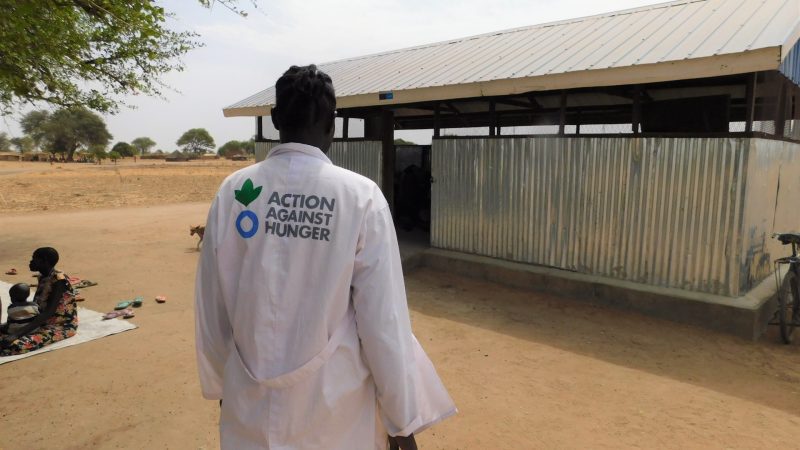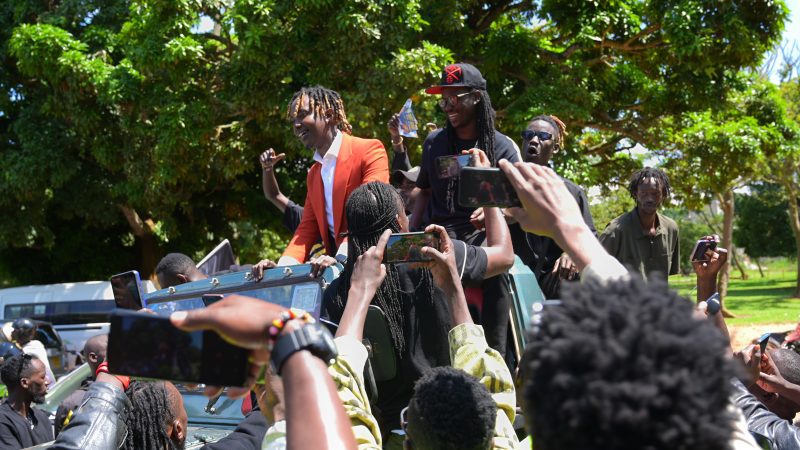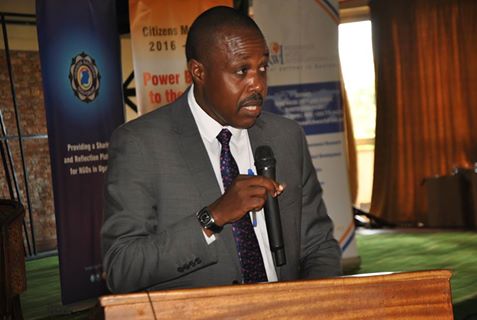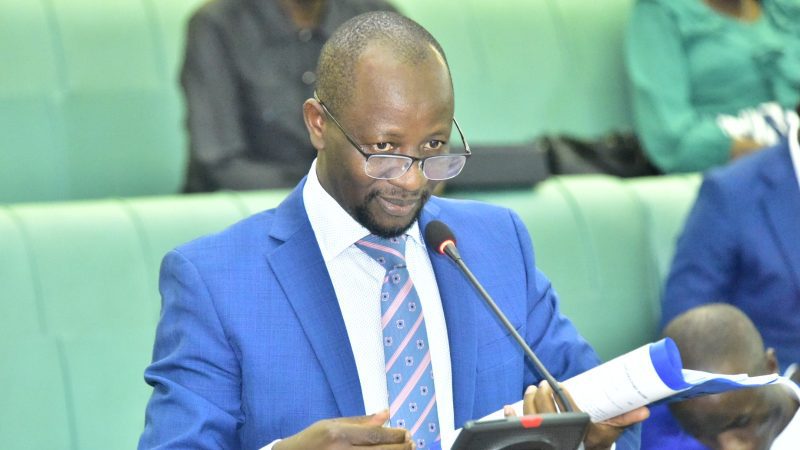Days after the Uganda Governance Pulse together with Research World International released findings of an opinion poll that put President Museveni ahead of his opponents, Political figures and observers have thrown brickbats at the findings of the opinion poll terming them as baseless and biased.
While appearing on a local television show, Aruu Municipality legislator, Hon Odonga Otto said that the polls were based on botched population census figures.
“They used the wrong information. They didn’t present the figures as they got them,” Odonga said.
The legislator also added that the architects of the polls felt that it was safe to make President Museveni lead with a few margins.
“I see the interesting politics of Robert Kyagunyi at 22%, which is not right; he has more support,” Odonga added.
However, to Nrm’s director in charge of Information and Communications Emmanuel Dombo, Polls are painful when they are reflecting you in a bad way. Dombo argues that anybody is bound to react the way the opposition members are reacting.
“I sympathize with Dr Wakida, in his attempt to do his work, he is being accused of working with NRM. We don’t know who instructed him to do the polls. President Museveni’s percentage should be higher,” Dombo said.
Reacting to these allegations, Makerere researcher and also a chief executive officer of the research world international Dr Patrick Wakida sympathized with opposition politicians.
“Opinion polls are a bitter pill; it faces you. I can state here that I have never been in a room where Museveni is. It is completely a narrative created by the opposition. Self-deception kills. The FDC has not been in the community. If you have not been in the community, the top of mine is gone,” Wakida said.
While opinion polls help tell the public mood at any given point in time, they are not final, as Americans discovered with Donald Trump’s unexpected win four years ago, or Britons with Brexit.
Strict controls on the collection of data by the state also tend to undermine the accuracy of responses as many pollsters, including this one, acknowledge.
The passage of time and the social, economic and political impact of the coronavirus pandemic means that while pre-crisis polls offer useful insights, the election is still far from settled.











